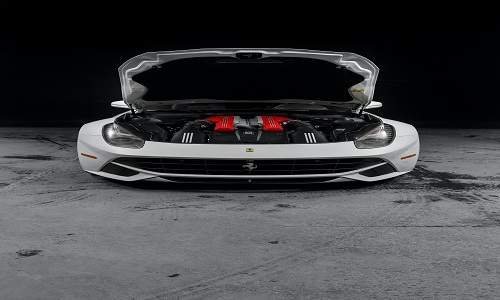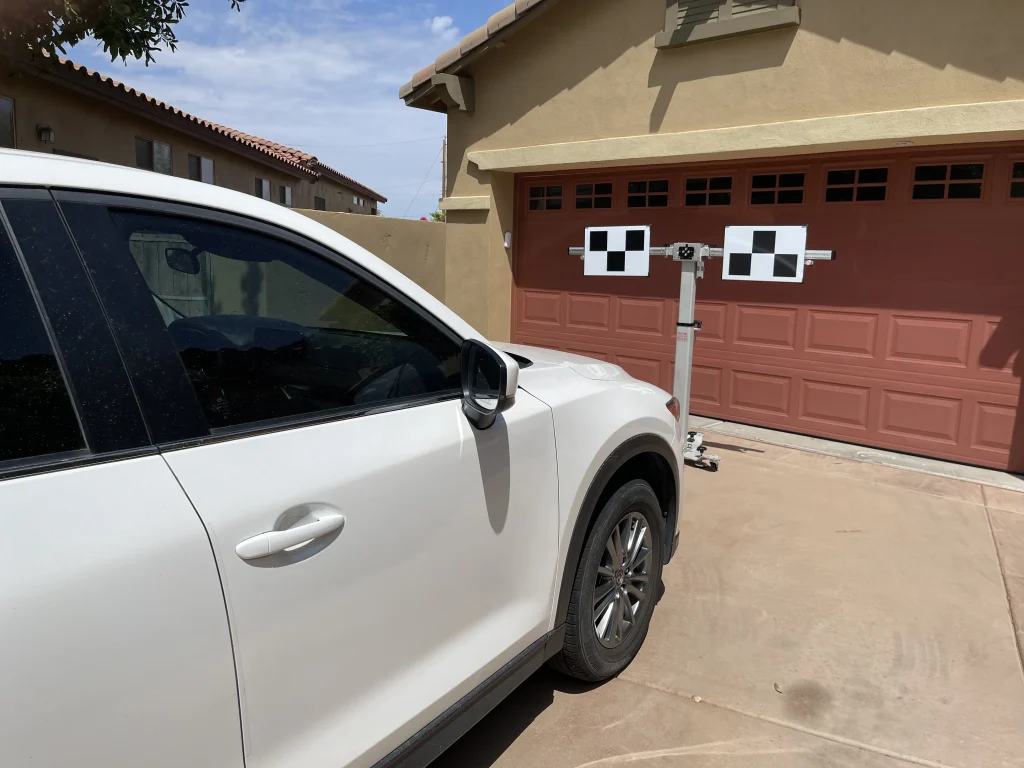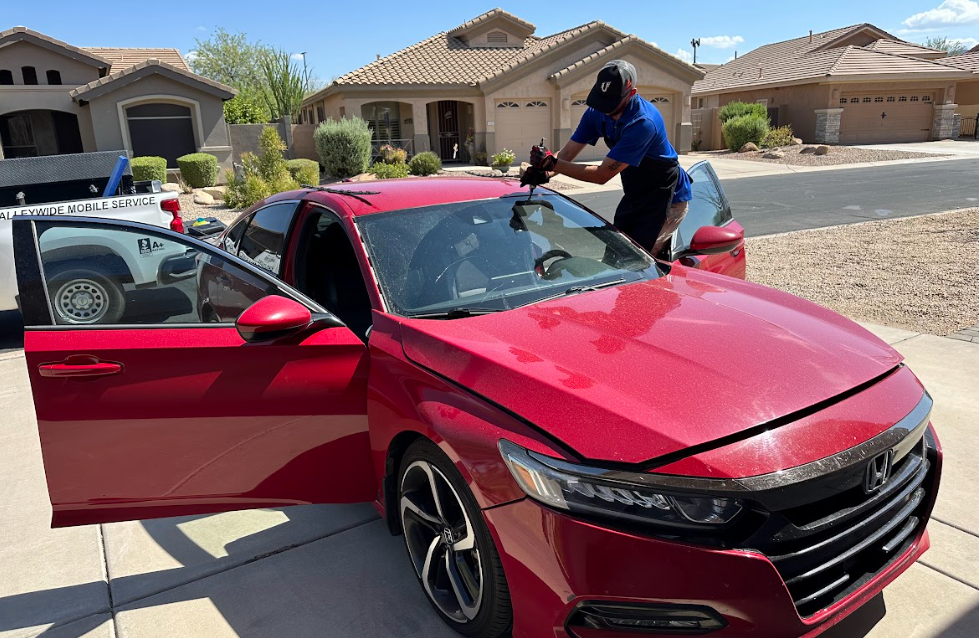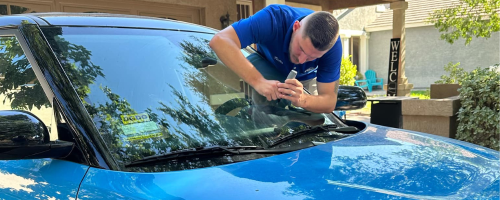How much does replacing an automobile or car engine cost, and how often should I do so? Find out what variables affect engine replacement costs.
You must make a tough choice after a catastrophic engine failure: Should you rebuild the engine or write the car off and get a new one?
What Is the Price of an Engine Replacement?
The size and complexity of the engine in issue, the shop rate at the facility you have selected to do the job, and whether you choose to replace it with a used, rebuilt, or new machine all have a role in answer to this question.
A new 4-cylinder engine costs roughly $4,000. A V6 starts at around $5,500, and a V8 costs around $7,000. Depending on the automobile’s brand and the engine’s complexity, prices rise from these numbers. An imported premium car’s performance engine costs more to install than an economy car’s original engine does.
You may buy a secondhand engine for considerably less, often as low as $400 to $700. The age of the vehicle, mileage on the used engine, and transportation expenses from the machine’s location are the primary variables influencing these engines’ values. The cost of shipping will be passed on to you by the business. Thus it is not included in the price but must be considered.
A rebuilt 4-cylinder engine will cost between $2,500 and $3,000, which is still much cheaper than the price of a new machine when compared to a used 4-cylinder engine that costs $1,000 or less.
The primary danger of buying a secondhand engine is the labor cost you will incur. Although a junkyard or other seller of used components sometimes provides a brief guarantee on the machine itself, it excludes the labor performed by the company that installed the motor. Suppose the newly installed engine doesn’t start. In that case, you’re still responsible for paying the mechanic’s time and any additional billable hours needed to get it operating (unless the failure is the result of the mechanic’s fault).
By buying a refurbished engine, you may reduce this danger. An engine’s functioning tolerances are restored after rebuilding it. Although all the seals and gaskets have been replaced, this does not indicate that the machine is brand-new. It is, instead, worn moving components changes. You can be sure that the engine will function adequately when fitts and its anticipated lifetime increases. It often comes with a stronger guarantee than what you’d obtain from a used-component provider.
This assurance does have a price.
Labor Cost for Engine Replacement
One may calculate the labor expenses by dividing the stated hours by the shop rate. The quoted shop time for a standard engine is 10 to 12 hours. For a simple machine, a professional technician may give you a price as low as 8 hours, while larger projects may take as long as 15 hours. The first period should include the bulk of the quotations. The hourly shop rate might range widely, from as low as $90 to more than $150. Accordingly, labor costs for a typical engine replacement may range from $1,100 to $1,800, utilizing a low-end shop rate of $110 and a high-end shop rate of $150.
Additional Replacement Fees
Shop supplies are the first possible expense on the list for a replacement. The less than $100 fine would be helpful, but your new engine requires oil, coolant Freon, and all the other fluids that keep it running well.
In addition, changing an engine does not involve changing all of the machine’s bolt-on components, including the water pump, fuel pump, hoses, belts, intake and exhaust manifolds, tensioners, and pulleys. When changing these components independently, labor costs might often be much higher than regional costs. However, the extra labor costs for a new water pump eliminates because these components must reinstall when an engine replaces. Consult your technician about other parts you should think about replacing, and take as many steps as your budget will allow.
Choosing an Option
Asking “How much does it cost to replace an engine?” in light of all the previously discussed factors implies, “When is the expenditure necessary to replace an engine the appropriate choice?”
Can you afford the necessary cash flow for repairs? Everybody has a different area where that response fits. Although it will cost more in the long term, replacing the car will let you finance the purchase and might lead to a more dependable vehicle, but there needs to be more assurance. Finding the least costly route becomes your best choice, and a $2,500 replacement makes sense since you could still owe money on the damaged automobile.
Without these worries, assess the vehicle’s condition and consider your most recent investments. The age of the car and the total mileage are the first two factors. Consider evaluating the nonmotor systems as well. Is the inside in decent condition? The body, what about it? Within the last 12 months, were new tires installed? How are the brakes working? The cooling system? How long has the suspension lasted? The catalytic converter will ultimately stop working as the automobile matures. Have you replaced it already?
You can determine if you should spend on engine replacement by looking at the car’s worth, what you have previously spent on it (and when), and what maintenance is expected shortly.
Risks are there no matter which course you choose. Buying a different car can mean taking on someone else’s difficulties. Changing the engine could make your automobile run more consistently. The most important factors are the risks you are most comfortable accepting and if you have enough money to cover a $2,000–$7,500 repair price.




























